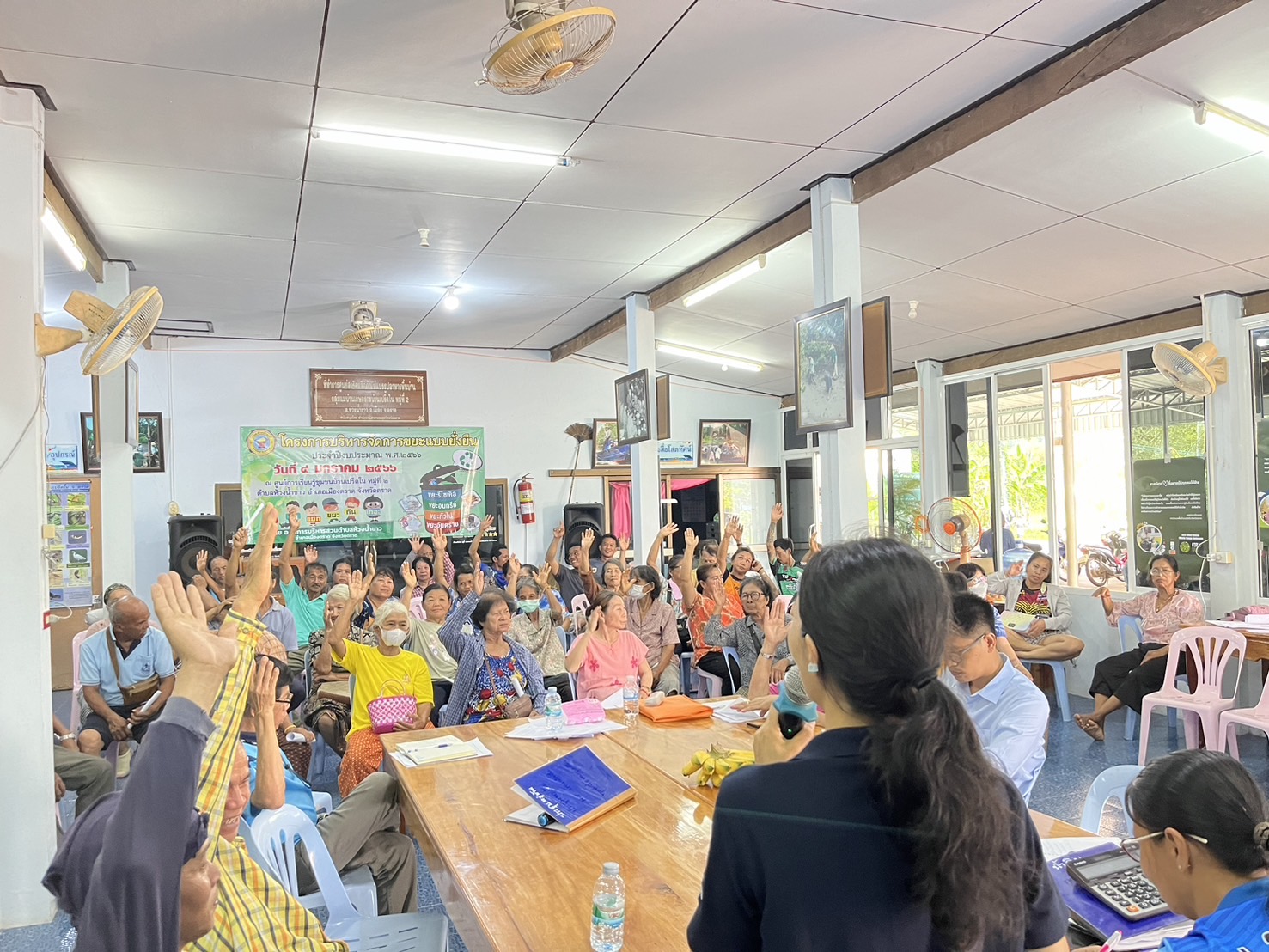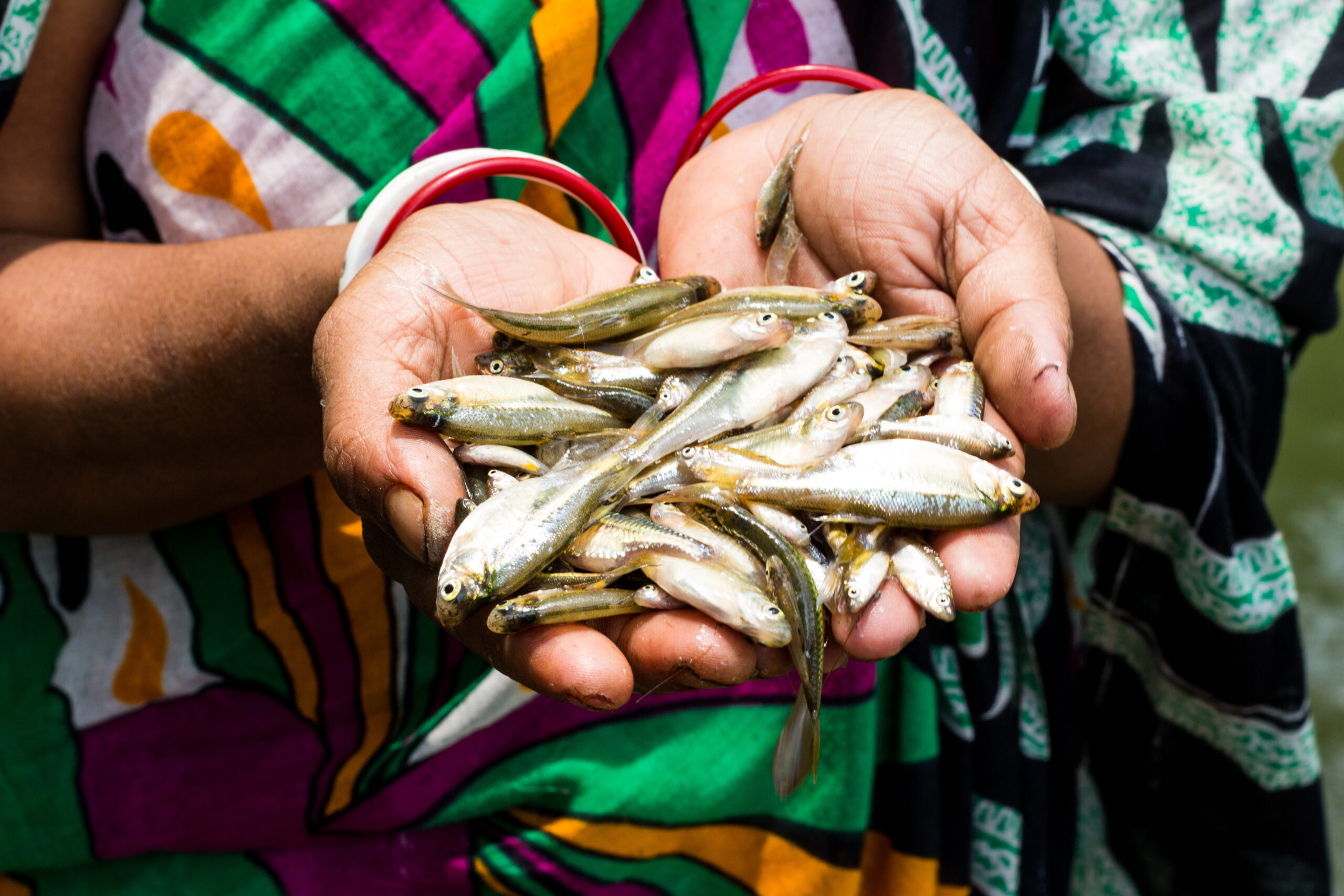2024-06-15
Tenure Facility is excited to announce its partnership with Turning Tides, a newly established initiative dedicated to protecting and strengthening community rights related to marine resources and spaces.
This collaboration will bolster efforts to support the tenure rights of Indigenous Peoples, local communities, small-scale fishers and fish workers across oceans, rivers, lakes, coasts, and shorelines.
“Our partnership with Turning Tides marks a significant step forward in centering and empowering diverse rights holders in the governance of space and resources,” said Nonette Royo, Tenure Facility’s Executive Director. “Together, we can achieve greater impact and support communities in their efforts to ensure sustainable and equitable management—from mountain tops to the oceans.”

Turning Tides
More than two years in the making, Turning Tides will provide grants to recognise and secure tenure and resource rights in turn making sure communities thrive, environments are protected and economies are inclusive and strong.
Tenure Facility will serve as a fiscal sponsor for Turning Tides, acting as their legal and fiscal agent, supporting their finances and operations while ensuring compliance with tax laws and fund management. Through this fiscal sponsorship, both organisations will operate autonomously while having the opportunity to explore collaboration and partnership.
“The partnership with Tenure Facility means that while we are a new entity, we have immediate access to systems and capabilities of the highest standards,” said Kama Dean Fitz, Co-Director of Turning Tides. “Being aligned with this world-class institution gives us, our funders, and our partners the confidence to perform our work well. We can immediately start ensuring funds reach our partners.”
"Together, we can achieve greater impact and support communities in their efforts to ensure sustainable and equitable management—from mountain tops to the oceans,"
Turning Tides has looked to the land and forest space for lessons and guidance. However, the recognition and support for marine and aquatic tenure lags far behind their terrestrial counterparts. This partnership, carefully designed over two years, aims to leverage established systems and knowledge while allowing Turning Tides the freedom to tailor and co-design grant-making and services for their distinct set of partners.
“Joining forces allows us to leverage our collective expertise and resources to better support small-scale fishers, fish workers, Indigenous Peoples, and shoreline and coastal communities. We are excited about the opportunities this brings,” said Pip Cohen, Co-Director of Turning Tides. “Together, we can have an even greater influence on global policy, ensuring more funds reach the grassroots and ultimately secure and sustain the world’s commons for future generations through genuine centering of peoples and their rights.”
The partnership aims to enhance the support both organisations provide to a diverse range of partners worldwide. By working on collective tenure rights across terrestrial and aquatic spaces, the partnership will address community rights, voice, and power in interconnected areas such as food security, climate responses, and livelihoods.
The opportunities for learning across systems include addressing common challenges like gender disparities, economic inequities, and the criminalisation of Indigenous Peoples and small-scale fishers.

Turning Tides
Combined efforts to influence funders and global policy changes will also amplify the impact of the work, leveraging joint evidence and partner voices to attract increased funder commitment and confidence in the role of communities in securing the world’s commons across ecosystems.
Guided by a set of shared values and operating principles, both Tenure Facility and Turning Tides will prioritise rights-based approaches to the governance of the world’s lands and waters.
While land and aquatic tenure differ in a few ways, they share similar issues, challenges, and opportunities.

Turning Tides
In many coastal and island contexts, Indigenous Peoples and local communities’ tenure is holistic—from land to sea, from environmental to social, from past to future, and inclusive of rights and responsibilities. Both land and aquatic tenure are foundational in building resilience to climate change impacts and empowering the communities who steward these spaces.
When tenure is weakened, human rights, food and nutrition security, sustainable use, and incentives for environmental stewardship are undermined—decreasing human and environmental well-being.
Just like on land, recognising and protecting aquatic tenure rights are essential for sustaining livelihoods, preserving ecosystems, and ensuring equitable access to resources for future generations.
Articles